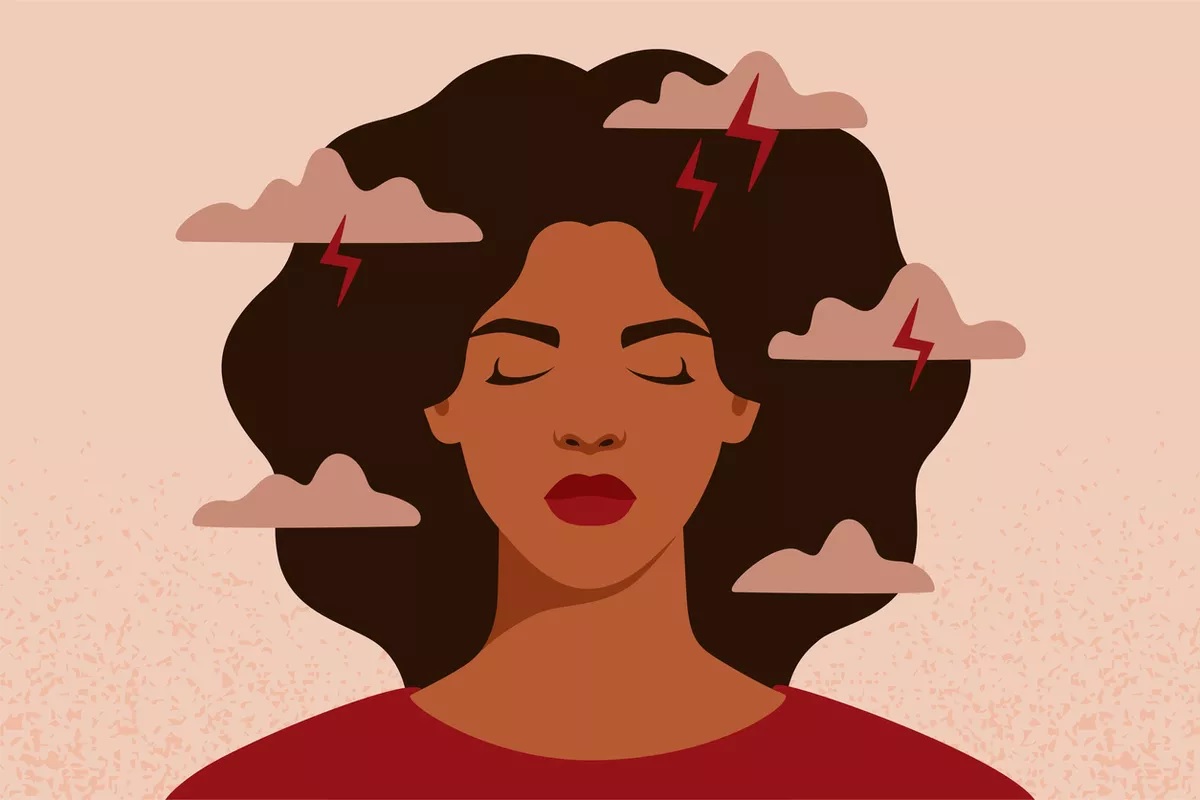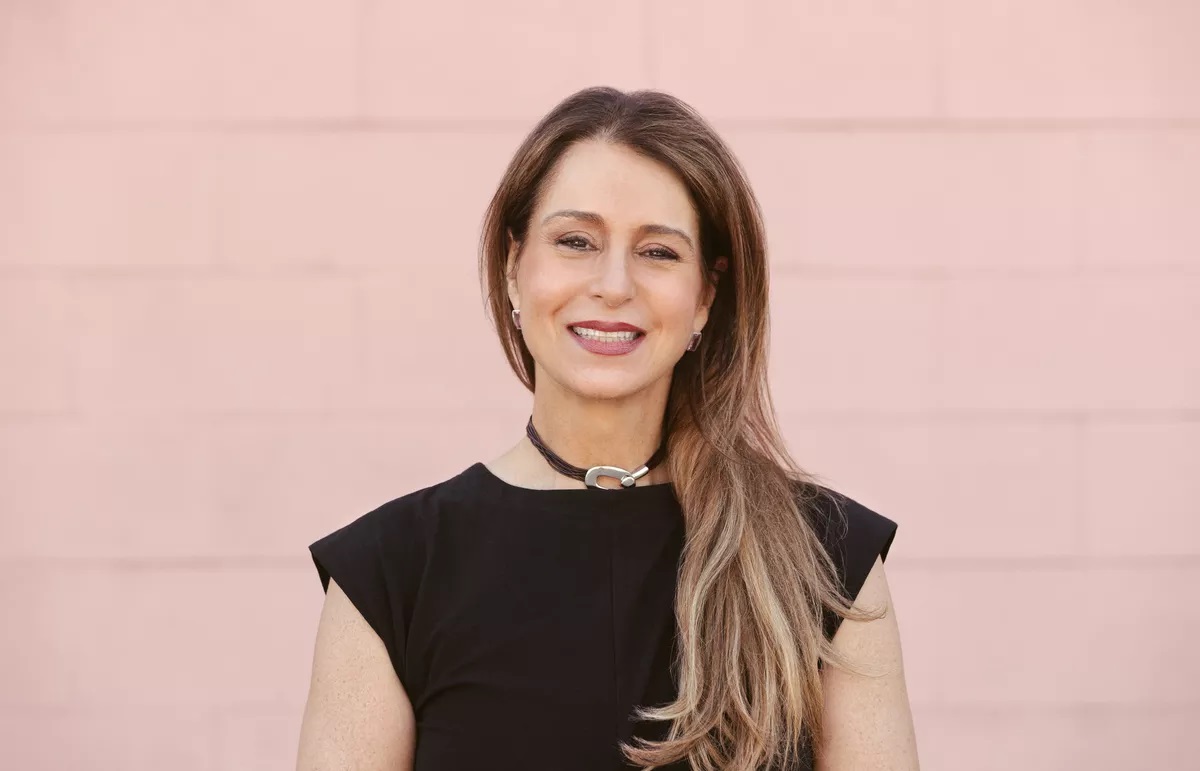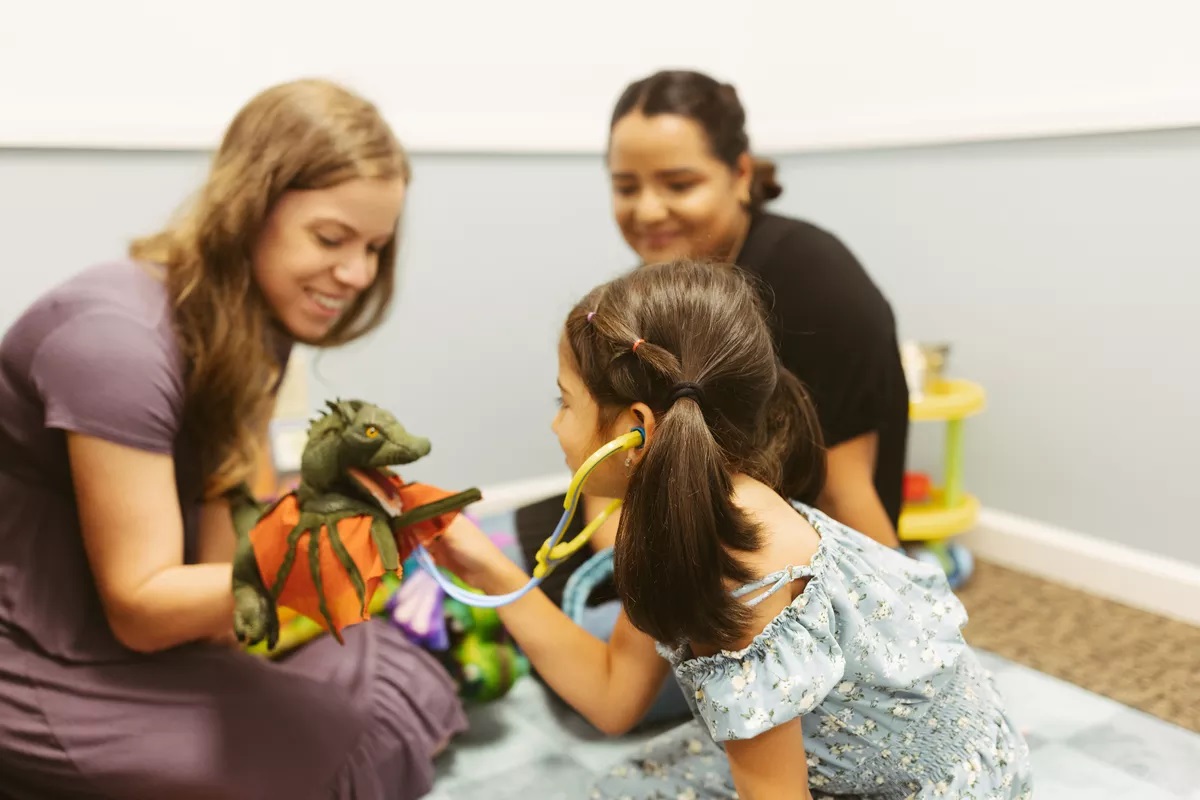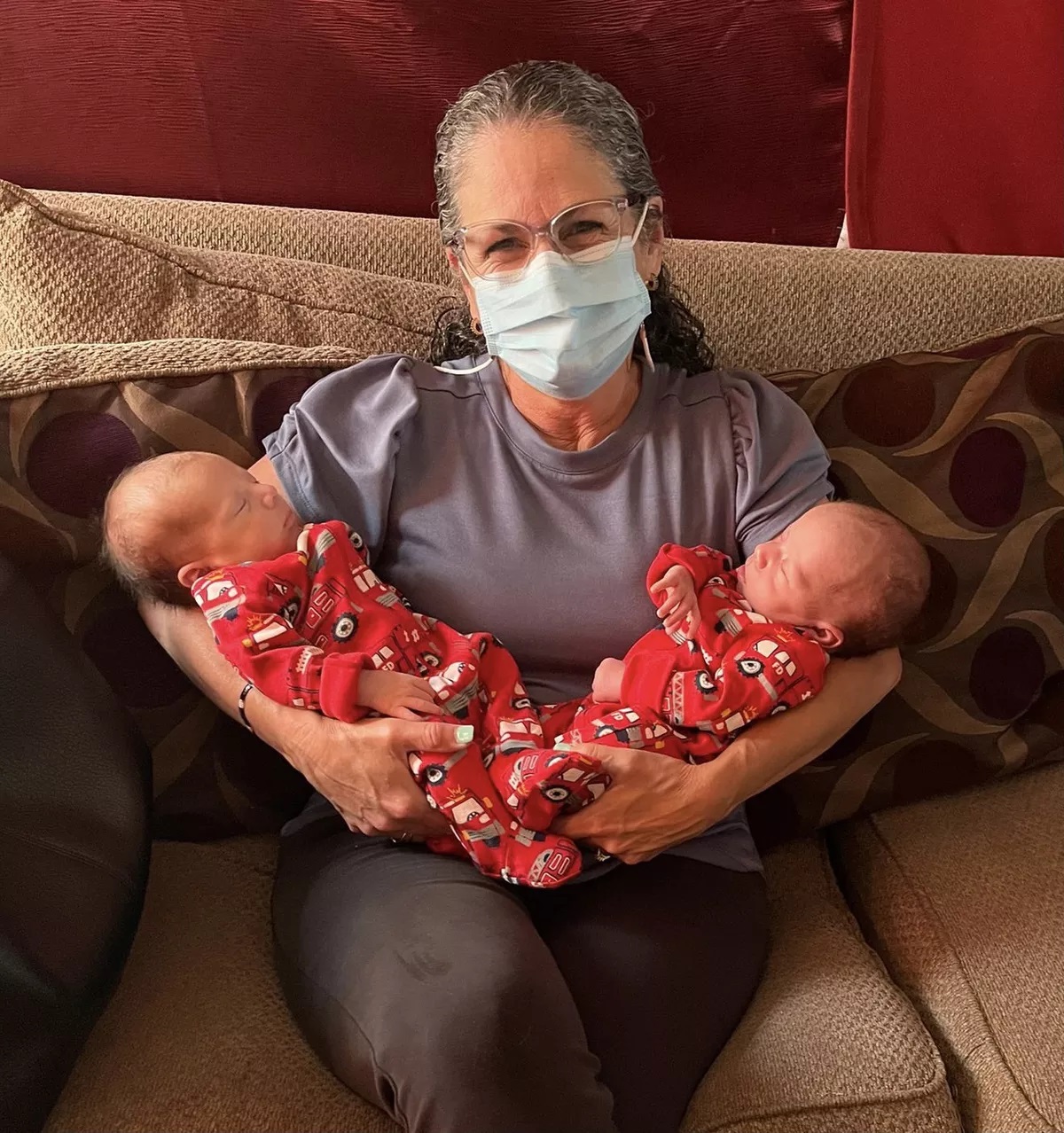👋 Welcome to Starting Early. Every other week, we spotlight new reports, useful news, engaging interviews with people doing important work, and interesting takes on maternal health and early childhood development issues.
This week’s issue, the second in our 3-part series on population health, looks at maternal mental health among the Latine community.
- Latine is a widely used gender neutral term used to refer to people of Latin American descent.
- In 2003, the Latine/Hispanic population became the largest minority in the US. As the nation’s fastest-growing ethnic demographic, it grew by about 10 million people between the 2010 and 2020 censuses. Almost 1 in 4 births in the US occurs to a Latina mother. Yet, mental health is often overlooked and under treated.
Our Burke Foundation colleague Leonela Serrano reflects on growing up as a first-generation Latina-American: “Being Latina in the United States has always felt like being caught between two identities: one Latina and one American. For me, supporting Latina maternal mental health is essential to help families feel rooted in themselves, their identities, and their belonging. Belonging is important for feeling at home and supporting my community’s healing.”
Please note that this issue includes references to suicide. If you or a loved one needs support, reach out to the resources below:
- The National Maternal Mental Health Hotline offers 24/7, free, confidential help for pregnant and new moms in English and Spanish. Call 1-833-943-5746.
- Anyone can use the Suicide and Crisis Lifeline by calling or texting 988 for immediate support or visiting 988lifeline.org for online chat service.
Read the links and go deeper.
1 big thing: Suicide is the leading cause of Latine maternal mortality

Recently-released CDC Maternal Mortality Review data found suicide is the leading cause of maternal mortality in Hispanic women. Latina mothers face many barriers to obtaining mental health care. They are discouraged by community stigma around mental health, the lack of culturally competent and affirmative care, and complications in using government services and healthcare systems because of immigration status.
Needing to be heard and seen: Monica Beltran, a program officer at the W.K. Kellogg Foundation whose leadership inspired this issue, shared this: “I had postpartum depression when I had my son and I had such a hard time. I speak English, I went to college, I knew a little bit about the healthcare system, and I had a difficult time finding culturally congruent care where the support that I received matched my values.”
Familismo: Familismo – loyalty to one’s family – is a central value to the Latine community and presents a significant barrier for Latina women in accessing mental health care.
- The Center for Latina Maternal and Family Health Research found that the main reason Latina moms don’t seek mental health treatment is because of the negative perceptions among their families.
On Healing: Monica explained: “You also have to take into account the unique experience of being Latine in the United States — the stress brought out when navigating not being white enough to be white but not Latine enough in your home country to be considered part of the community. We heal in community. This is not going to a psychiatrist or to the psychologist so that they can smile and nod — we need to do this in community.”
Undocumented maternal health: Immigration status and public policy influence maternal health. Researchers found that a Latina mother being DACA-eligible led to better maternal health. Understanding that immigration status impacts Latines’ ability to access healthcare services, California recently became the first state to provide Medicaid coverage to all, regardless of immigration status.
On solidarity: “We also cannot talk about the maternal mortality crisis without saying that our Black sisters are experiencing the brunt of disparities,” Monica said. “Unless we take care of our Black moms, we will not be able take care of Latina moms.”
2. Revolution in the kitchen

We recently spoke with Dr. Janina Fariñas, CEO and founder of La Cocina. Following the 2016 election, Dr. Fariñas and her students began organizing community mental health support after witnessing a dramatic increase in anxiety and depression among Latine families. La Cocina – Spanish for “the kitchen” — was started in 2017 to provide mental health help. Here are highlights:
How did you come to see healing in community as the solution to skyrocketing rates of anxiety and depression among Latines?
I proposed to my 3 students that we go out into the community – that we hold dialogues and healing circles. The first day, 25 families showed up. This was very telling. We were in la cocina, literally in the kitchen of a nonprofit, and we would pull chairs to the sides of the kitchen to have informal, yet healing conversations. We used a crisis intervention model I learned and adapted to work in refugee camps, and that really worked for an oppressed community. By the third month, we were welcoming 75 families!
We couldn’t keep up and we needed resources. Eventually, we got a $5,000 donation from a local church and we lived on that for a year. It was transformational training for my students to experience mental health care in a very different way and a setting that typically would not be thought of as a healing space and as a place for a community to come together. But it was.
Why family and community-based maternal and early childhood mental health support?
In our work in the community, that lens just started to color what we did. It worked because we had so many families with children. We had families with adolescents and children in elementary school, and then very young children and babies. Some of the women were pregnant. That family approach, that familismo that we are part of, and which I think we were able to integrate into the work, was fundamental to training other clinicians in understanding that when you’re thinking about maternal mental health, you’re thinking about lifetime and multi-generational development. So, you may very well be interacting with a 15-year-old and also a mother and a baby. They all live in the same household. I would say that is our concentration – that our clinical expertise is really in bringing the maternal and early childhood mental health fields together.

How do you go about tackling the stigma of therapy and therapeutic work in the Latine community?
In my own work, I experienced that a lot of Latines — about 50% — leave therapy. I wasn’t surprised when they would say to me, “It just didn’t click.” Traditional therapy was not culturally affirming.
For La Cocina, the secret sauce is intentionally creating healing spaces where all parts of the individual or family are welcomed, honored, and celebrated. Cultural affirmation is a coming-home of sorts. A space like this one affirms who I am. I think that’s fundamental to the work that we do.
3. One smile to go: AMAR Community-based Doula Program

Community doulas are specialists who provide holistic, integrated, dignity-centered care to expectant and new moms. The AMAR Community-Based Doula Program provides culturally-affirming, Spanish-language doula services to underinsured and undocumented pregnant Latina mothers in Mercer County. Since 2019, Burke funding has supported the training of 23 AMAR doulas –10 of whom now serve as doulas for the Children’s Home Society of New Jersey.
Mental health and dyadic care: AMAR doulas care for moms and babies together through their consistent, hands-on support. AMAR doulas provide 4 prenatal and 9 postpartum visits to the moms they serve, enabling them to also screen 100% of AMAR moms for postpartum depression. The doulas’ impact is staggering.
💕 AMAR moms tell us so:
- “My doula accompanied me. She gave me information. She shared techniques with me. She gave me advice. But, more than anything, she gave me lots of love in the process of bringing my baby into the world. She showed me that I was not alone, and she empowered me with all her knowledge.”
- “Thank you for all the support. It really is a blessing, especially for those of us who don’t get other support or have family nearby. I hope that God blesses you all, from the bottom of my heart. You all deserve the best.”
- “Teresita, you are an angel in my life. Without your support, I have no idea what I would have done. Thank you, thank you, thank you.”
4. The roundup
Learn about upcoming events, new funding opportunities, and jobs in maternal and infant health and early childhood:
- NYC struggles with Latine maternal mental health: New York City is taking note of the massive increase in demand for mental health support from Latina moms. Read more about Latina mothers’ needs and the support they seek from the government.
- Community doulas and birth equity: The Institute for Medicaid Innovation and Every Mother Counts are launching a learning series on community doulas and perinatal community health workers’ role in achieving birth equity. Sign up here.
- On the ground: Hispanics in Philanthropy seeks a Knowledge and Grants Manager to help strengthen Latine communities. Apply here.
